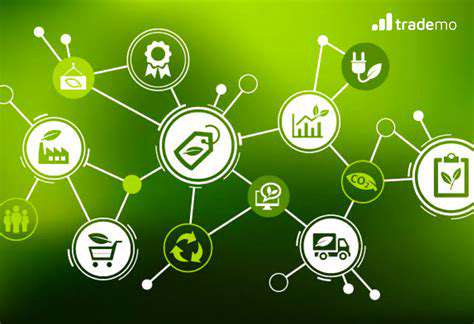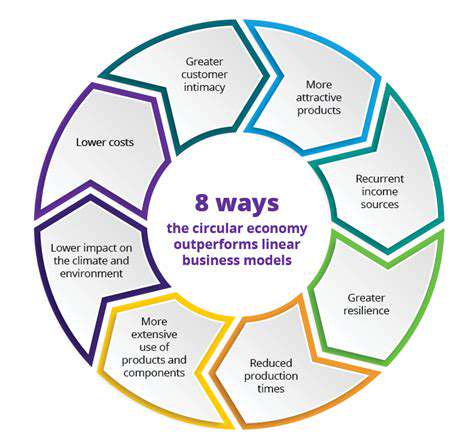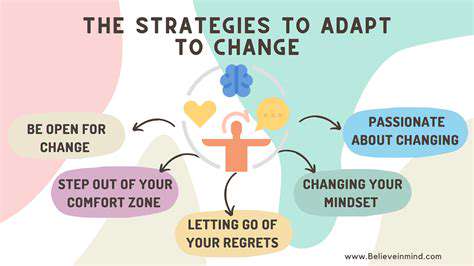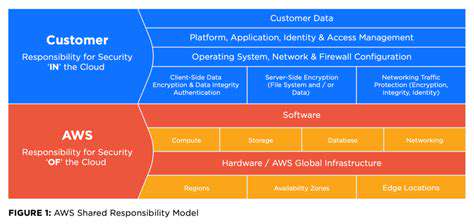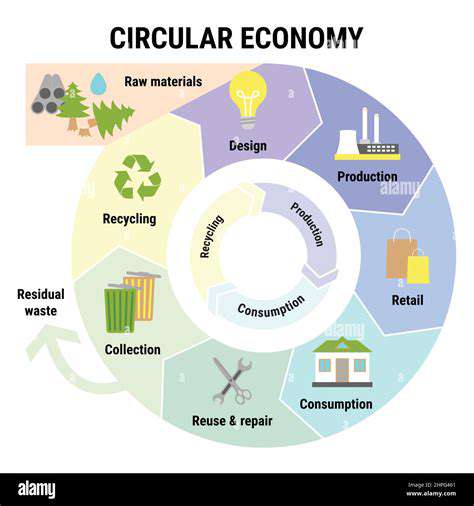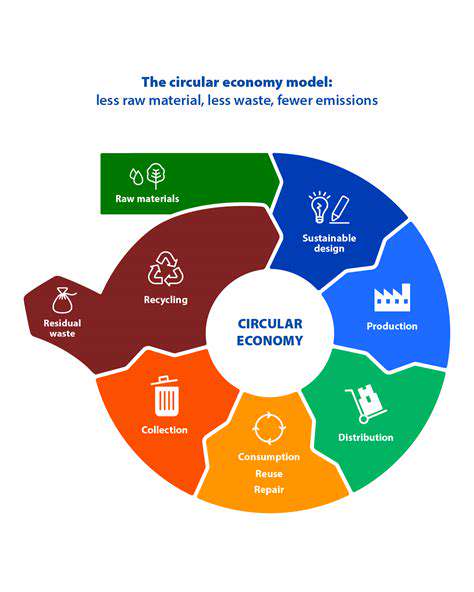Debunking Myths About Sustainable Fashion
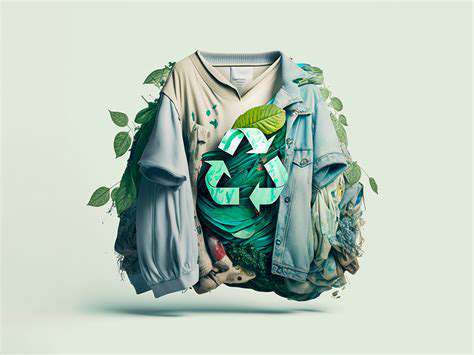
Decoding Greenwashing: Unveiling the Tactics
Some brands engage in greenwashing, a practice where they mislead consumers about their environmental efforts. As shoppers become more eco-conscious, companies rush to meet this demand. However, certain businesses employ clever wording and visuals to suggest sustainability where little exists. This strategy often leaves buyers confused and disappointed.
Recognizing these deceptive methods empowers shoppers to make better choices. Watch for vague terminology, questionable symbols, and environmental claims without proof. Always verify information through reliable third-party sources before believing marketing messages.
Spotting False Environmental Claims
Many brands make sweeping statements about their eco-friendliness without offering supporting details. For instance, calling a product green without explaining why constitutes a common greenwashing technique. This lack of clarity deliberately misleads consumers.
Visual deception represents another frequent tactic. Products might display nature imagery or green colors while containing harmful materials. Such misleading packaging creates an illusion of sustainability that doesn't match reality.
Evaluating Eco-Certifications Carefully
Not all sustainability labels carry equal weight. Some certifications have lax standards or can be purchased without meaningful changes. Research each seal of approval to understand what it actually guarantees. Compare these standards against the company's overall environmental record for a complete picture.
How Greenwashing Affects Shoppers
The constant stream of questionable eco-claims can make consumers distrust all environmental marketing. This skepticism threatens genuine sustainability efforts by making people doubt real progress. Educating shoppers about recognizing honest environmental claims becomes increasingly important.
Pushing for Honest Business Practices
As greenwashing spreads, we need stricter business transparency. Companies should prove their environmental claims with solid evidence. Independent verification and clear impact reporting would help. Consumers and advocacy groups must continue demanding truthful information about products.
Only through complete openness can businesses rebuild trust and demonstrate their actual environmental commitment.
The Myth of Perfection: Embracing Imperfection in Sustainable Practices

The Impossible Standard
Society often promotes perfection as the ultimate goal, whether in personal appearance, career success, or sustainable living. This unrealistic expectation frequently leads to frustration and self-doubt. The perfection myth creates unnecessary pressure in all aspects of life.
Social comparisons amplify these unrealistic expectations. Curated social media feeds present edited versions of reality that distort our perceptions. Remember that everyone experiences challenges behind the scenes.
The Toll of Perfectionism
Chasing perfection often causes more harm than good. The constant stress of meeting impossible standards can damage mental health. Fear of failure may prevent people from trying new things or pursuing meaningful goals.
This mindset also limits creativity. When focused solely on avoiding mistakes, we miss opportunities for learning and innovation that come from experimentation.
Finding Value in Imperfection
Accepting flaws leads to greater life satisfaction. Our imperfections make us uniquely human. Growth matters more than achieving some imaginary perfect state. Developing self-acceptance takes time and practice.
Releasing perfectionist tendencies opens new possibilities. Instead of fixating on flaws, we can focus on meaningful progress and genuine connections.
Changing Our Outlook
Shifting perspective helps overcome perfectionism. Value internal satisfaction over external approval. Recognize that mistakes offer valuable lessons. Understanding that everyone struggles sometimes builds compassion for ourselves and others.
The Power of Individual Action: Beyond the Label, Understanding the Impact

Small Actions Create Big Change
Individual efforts combine to produce significant results. When many people make similar choices, the collective impact becomes powerful. This principle drives many successful social and environmental movements.
Recycling demonstrates this concept. One recycled bottle makes little difference, but millions create real environmental benefits. Consistent small actions add up to substantial change.
Giving Back to Communities
Volunteering represents another impactful individual choice. Whether mentoring youth or cleaning local parks, these contributions strengthen communities. Such participation builds connections and improves quality of life for everyone.
Making Voices Heard
Citizen engagement influences societal change. Contacting government representatives or supporting causes creates political impact. Active participation helps shape fairer policies and better communities. Democracy thrives when citizens engage.
Conscious Consumer Choices
Shopping decisions affect markets and environments. Supporting ethical businesses encourages better practices. Sustainable purchasing decisions collectively shift industry standards toward responsibility.
Sharing Knowledge
Educating others multiplies impact. Information sharing creates more informed communities better equipped to solve problems. Teaching and mentoring spread valuable skills and perspectives.
Valuing Differences
Inclusive attitudes benefit society. Respecting diverse backgrounds and experiences creates richer communities. Accepting differences fosters environments where all people can thrive. Individual actions create cultural change.

